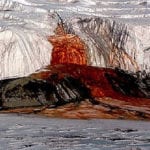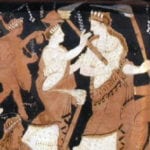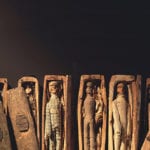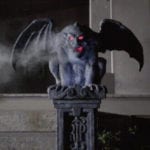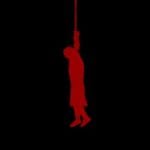 History
History  History
History  Health
Health 10 Everyday Activities That Secretly Alter Consciousness
 History
History Top 10 Historical Disasters Caused by Someone Calling in Sick
 Animals
Animals 10 New Shark Secrets That Recently Dropped
 Movies and TV
Movies and TV 10 Forgotten Realities of Early Live Television Broadcasts
 Technology
Technology 10 Stopgap Technologies That Became Industry Standards
 Weird Stuff
Weird Stuff 10 Wild Facts About Taxidermy That You Probably Didn’t Know
 Travel
Travel 10 Beautiful Travel Destinations (That Will Kill You)
 Miscellaneous
Miscellaneous 10 Modern Marriage Rituals Born from Corporate Branding
 Weird Stuff
Weird Stuff Ten Bizarre Visions of 2026 from Fiction
 History
History 10 “Modern” Problems with Surprising Historical Analogs
 Health
Health 10 Everyday Activities That Secretly Alter Consciousness
 History
History Top 10 Historical Disasters Caused by Someone Calling in Sick
Who's Behind Listverse?

Jamie Frater
Head Editor
Jamie founded Listverse due to an insatiable desire to share fascinating, obscure, and bizarre facts. He has been a guest speaker on numerous national radio and television stations and is a five time published author.
More About Us Animals
Animals 10 New Shark Secrets That Recently Dropped
 Movies and TV
Movies and TV 10 Forgotten Realities of Early Live Television Broadcasts
 Technology
Technology 10 Stopgap Technologies That Became Industry Standards
 Weird Stuff
Weird Stuff 10 Wild Facts About Taxidermy That You Probably Didn’t Know
 Travel
Travel 10 Beautiful Travel Destinations (That Will Kill You)
 Miscellaneous
Miscellaneous 10 Modern Marriage Rituals Born from Corporate Branding
 Weird Stuff
Weird Stuff Ten Bizarre Visions of 2026 from Fiction
10 Puzzling Unsolved Mysteries From The History Of China
Since ancient times, the Chinese have meticulously recorded their country’s long and fascinating history. A wide variety of information has been written down and preserved. Thanks to these historians’ efforts, China has an impressively well-documented history.
Not everything, of course, is clear in the country’s annals. Some of China’s most interesting historical figures are shrouded in mystery, the victims of assassinations and disappearances that will probably never be solved.
10 The Execution Of Kawashima Yoshiko
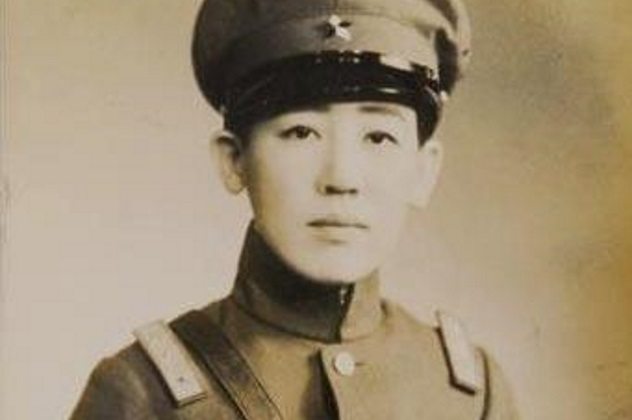
Kawashima Yoshiko was a Chinese princess who worked as a cross-dressing spy for the Japanese during the Second Sino-Japanese War (1937–1945). Ethnically, she was Manchu, and her birth name was Aisin Gioro Xianyu. After the fall of the Manchu-led Qing dynasty, Xianyu was adopted in 1915 by her father’s Japanese friend, who changed her name to Kawashima Yoshiko.
Kawashima’s life in Japan was a pretty unhappy one. It’s said that her stepfather raped her, and she was discriminated against by her classmates for being Chinese. Eventually, Kawashima moved back to China, where she dressed up as a man and worked as a spy. The princess allied herself with imperialist Japan, fighting Chinese guerrilla bandits and seducing Chinese officials to obtain military secrets.
Once the Japanese were driven out in 1945, the Chinese arrested Kawashima and shot her in the back of the head for treason. A picture of Kawashima’s corpse was printed by Life magazine, but Beijing newspapers reported that the princess had used a body double and escaped.
Decades after Kawashima’s alleged death, a group of Chinese historians launched an investigation. They looked into the claims of two women from Northeast China that their mysterious old neighbor Granny Fang was actually Kawashima Yoshiko.[1] The historians were firmly convinced that the women were right and that their father, a man who once worked with Kawashima, helped the princess escape.
9 The Disappearance Of Xu Fu
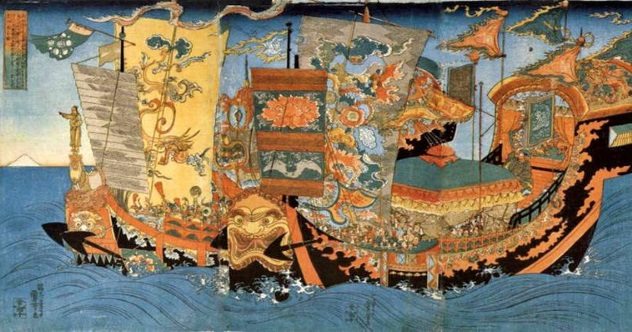
Qin Shi Huang, the ancient Chinese emperor whose infamous tomb contains an entire army of terra-cotta soldiers, was terrified of death. He was desperate to become immortal and surrounded himself with magicians and quacks who claimed they could extend his life span. One of these magicians was Xu Fu, a man who told the emperor he knew where to find the elixir of life.
According to Xu Fu, the elixir could be found on some islands in the Yellow Sea, where it was protected by the islands’ immortal inhabitants. In 219 BC, the emperor sent Xu on an expedition to find the elixir. Xu also brought along 3,000 virgins, both boys and girls, whose purity he said would allow them access to the elixir.
Unsurprisingly, Xu Fu returned to China empty-handed. He explained to the emperor that sea monsters prevented him from reaching the islands, so Emperor Qin gave him some archers and sent him off again. This time, Xu Fu never came back. Officially, history has no idea what happened to Xu. Japanese legends say that he landed in Japan, and historically, Xu Fu was greatly respected and even worshipped as a god by some Japanese.[2]
8 The Contest To Cut Down 100 People
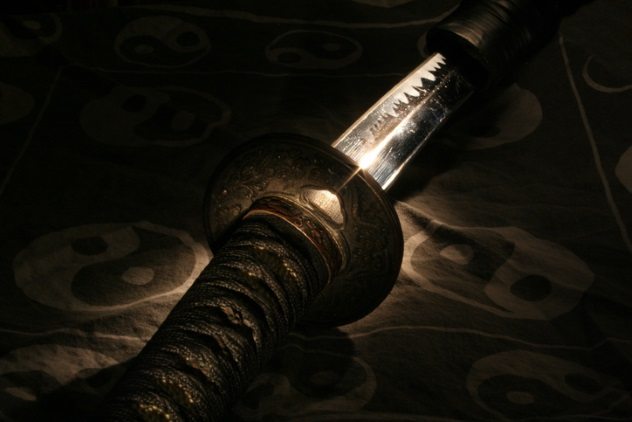
During the Second Sino-Japanese War, Japanese newspapers reported an unusual story about Lieutenants Mukai Toshiaki and Noda Tsuyoshi, who were taking part in the invasion of China. In the winter of 1937, the two soldiers were playing a game that required each of the contestants to kill Chinese with a sword. The first man to cut down 100 people would be declared the winner.
On December 12, the Tokyo Nichi-Nichi Shimbun reported that the contest resulted in a draw. Both Mukai and Noda had gone over 100 kills, so they decided to have a new contest, this time with a winning score of 150. The soldiers apparently saw the contest as a game, but the Chinese naturally weren’t pleased about the mass murder of their countrymen being played for fun. After the war was over, Mukai and Noda were sentenced to death during the Nanjing War Crimes Tribunal.
Some skeptics, many of them nationalists who deny Japanese wartime atrocities outright, believe the contest either never took place or was exaggerated. Katsuichi Honda, a journalist who angered many Japanese nationalists with his honest postwar coverage of the Nanjing Massacre, suggests the latter. He believes there were other, similar killing contests during the war but that the victims of Mukai and Noda were prisoners of war who, despite the newspapers’ claims, were not actually killed in hand-to-hand combat.[3]
7 The Disappearance Of Peng Jiamu

Lop Nur, a dried-up lake in the Chinese province of Xinjiang, is a desert notorious for its extreme weather and ever-changing sand dunes. It’s a dangerous and remote place, and that’s exactly what interested Peng Jiamu in exploring it. Peng, a biologist from the Shanghai Institute of Biochemistry and Cell Biology, participated in numerous scientific expeditions to Lop Nur and other parts of Xinjiang.
The Cultural Revolution (1966–1976) stalled Peng and his colleagues in their exploration efforts, but Peng was able to launch another expedition to Lop Nur in the summer of 1980. On June 17, Peng left the camp by himself to look for water. He was never seen again.
A massive search effort, led by the military on foot and in the air, failed to find any trace of Peng. It’s quite likely that he was killed by the desert’s harsh conditions, but numerous searches over the year have yet to uncover a body. Interestingly, there are rumors that Peng left China for the US. In September 1980, in fact, the son of Deng Xiaoping reported seeing the missing scientist in a Washington restaurant.[4]
6 The Murder Of Shen Dingyi

Despite coming from a wealthy family, Shen Dingyi was very much concerned about economic inequality and the status quo. In 1907, he joined the Revolutionary Alliance, a Chinese secret society based in Tokyo that plotted to overthrow the Qing dynasty. In the early 1920s, Shen became a communist and moved to his home village in Yaqian, where he advocated reforms for the local peasants.
On August 28, 1928, after taking a trip to a mountain resort, Shen boarded a bus for home. When the bus came to his stop, Shen got up from his seat and headed to the front. Just as he was about to show the driver his ticket, however, two other passengers pulled out guns and riddled Shen’s body with bullets. The assassins then ran off the bus and escaped, firing shots at anybody who tried to chase them.[5]
Shen Dingyi was a man with many enemies. He might have been killed by merchants or landlords who opposed his reforms. The Communist Party also hated Shen, but so did the Guomindang, so either of the two parties could have arranged the hit. Countless suspects were arrested and questioned during the investigation, but nobody was ever charged with Shen’s murder.
5 The Stick Case
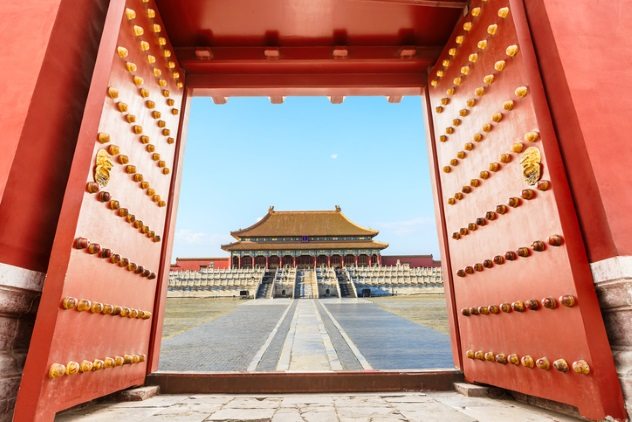
On May 30, 1615, a peasant named Zhang Chai broke into the Forbidden City with a stick and attacked a eunuch guard. At the time, the Forbidden City housed China’s royal family. Zhang tried getting into the palace, where Emperor Wanli’s son lived, but a group of eunuchs caught him just in time.
At first, the authorities suspected that Zhang was a crazy lone wolf. After being repeatedly questioned and tortured, however, Zhang claimed that a conspiracy of eunuchs put him up to the attack. The eunuchs showed Zhang how to sneak into the Forbidden City, where he was supposed to kill the emperor’s son, Zhu Changluo. In his testimony, Zhang identified the eunuchs Pang Bao and Liu Cheng as the men who recruited and armed him.[6]
Emperor Wanli ordered Liu, Pang, and Zhang to be put on trial. Zhang was executed, while Liu and Pang were interrogated and tortured, later dying from their abuse. For his part, Zhu Changluo believed that Zhang was crazy and that there was no sinister plot to assassinate him. Curiously, Zhu would die under mysterious circumstances five years later, after he succeeded his father as Emperor Taichang.
4 The Disappearance Of Chu Anping
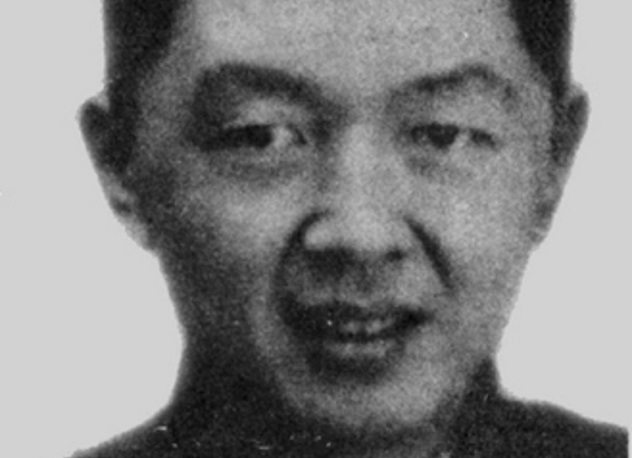
On June 1, 1957, a journalist named Chu Anping delivered a provocative speech to a communist committee entitled Comments Made to Chairman Mao and Premier Zhou. The Communist Party had gained control of China in 1949 and promised to create a free society, but Chu didn’t see much of a difference. He thought the party’s rule was similar to the dynasties that ruled China in the past and likened Mao Tse-tung to an emperor.
Although Mao had just recently launched the Hundred Flowers Campaign, which encouraged people to speak freely about the Communist Party, he was furious about Chu’s comments. Chu lost his job as the editor of The Guangming Daily, was branded an anti-socialist right-winger, and was essentially blacklisted from public life.
In August 1966, during the chaos of the Cultural Revolution, Chu was forced to attend a struggle session. He tried committing suicide by jumping into a river, but he survived. After coming home in September, Chu left again and disappeared. Perhaps Chu tried committing suicide a second time or was secretly killed by Red Guards. Whatever ultimately happened, Chu’s family was given permission to hold a symbolic funeral for him in May 2015.[7]
3 The Murder Of Lam Bun

1967 was a tumultuous year for the British colony of Hong Kong. Influenced by the Cultural Revolution blazing through mainland China and unhappy with colonial rule and poor living conditions, leftists set off a series of riots that lasted from May until December. Bombings and violence rocked the city, leading to 51 deaths and over 4,500 arrests.
The violence during the riots led many ordinary Hong Kongers to support colonial rule. The unsolved murder of Lam Bun, an anti-communist critic on Commercial Radio Hong Kong, also strengthened public opinion against the leftists.
On August 24, Lam and his cousin were ambushed by a group of leftists. Lam’s car was set on fire, and both he and his cousin were burned to death.[8] A guerrilla outfit claimed responsibility for the murders, but the killers were never identified. The murders greatly shocked the public, and today, Lam Bun is considered an icon of free speech in Hong Kong.
2 The Murder Of Song Jiaoren
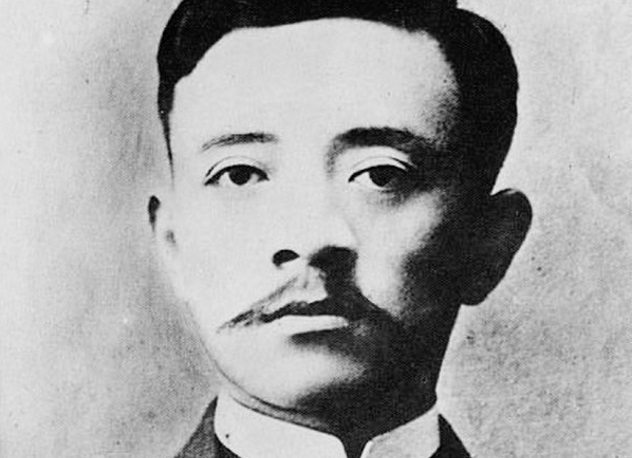
Along with the famous revolutionary Sun Yat-sen, Song Jiaoren was the cofounder of the Guomindang, the nationalist political party that would rule China between 1928 and 1949. After China became a republic in 1912, Song was eager to promote democratic reforms in the country. He advocated limiting the powers of president Yuan Shikai and had his eyes on becoming prime minister and creating a new constitution.
On March 20, 1913, Song was shot by an assassin and died two days later. The assassin, an ex-soldier named Wu Shiying, had help from a man named Ying Guixing. Both Wu and Ying were arrested, and a police search of their homes revealed that the men had connections with Yuan Shikai and two other high-ranking members of the government.[9] Things only got more sinister from there: Wu mysteriously died in jail, and Ying broke out only to be killed by swordsmen on a train.
Though Song Jiaoren’s murder was never solved, most historians believe that Yuan Shikai was involved in some way with his assassination. Yuan was more of a dictator than an actual president, and he might have felt threatened by Song and the Guomindang, which had just won a majority of seats in the provisional elections that spring. In December 1915, Yuan declared himself emperor but died less than a year later in June 1916.
1 The Death Of Emperor Jianwen
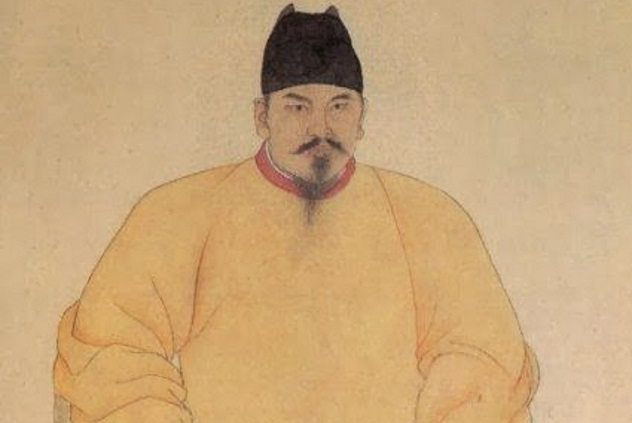
In July 1402, the Ming capital of Nanjing was invaded by the emperor’s own uncle, a prince named Zhu Di. Three years earlier, Zhu Di accused his nephew, the young emperor Jianwen, of being corrupted by the influence of his ministers. The prince launched a rebellion under the pretense of getting rid of Jianwen’s ministers, but Zhu Di’s real intention was to take power himself.
In the chaos of the invasion, Emperor Jianwen’s palace was set on fire and destroyed. Three badly burned bodies were recovered from the rubble, which Zhu Di hastily identified as Jianwen, his empress, and their oldest son. Since his nephew was supposedly dead, Zhu Di declared himself Emperor Yongle. The new emperor then destroyed Jianwen’s records and purged his nephew’s supporters, aiming to wipe his predecessor’s reign out of history.
Despite Yongle’s claims, some believed that Jianwen escaped the palace fire. There were numerous rumors that he was still alive, living as a monk in some remote part of China. Jianwen was even said to have crossed paths with one of his court officials while fleeing to the province of Yunnan.[10]
Tristan Shaw runs a blog called Bizarre and Grotesque, where he writes about crime, folklore, and other weird and creepy things.
Read more about China’s history on 10 Crazy Stories About The Rulers Of Ancient China and 10 Insane But Brilliant Ways Ancient China Fought Its Wars.

